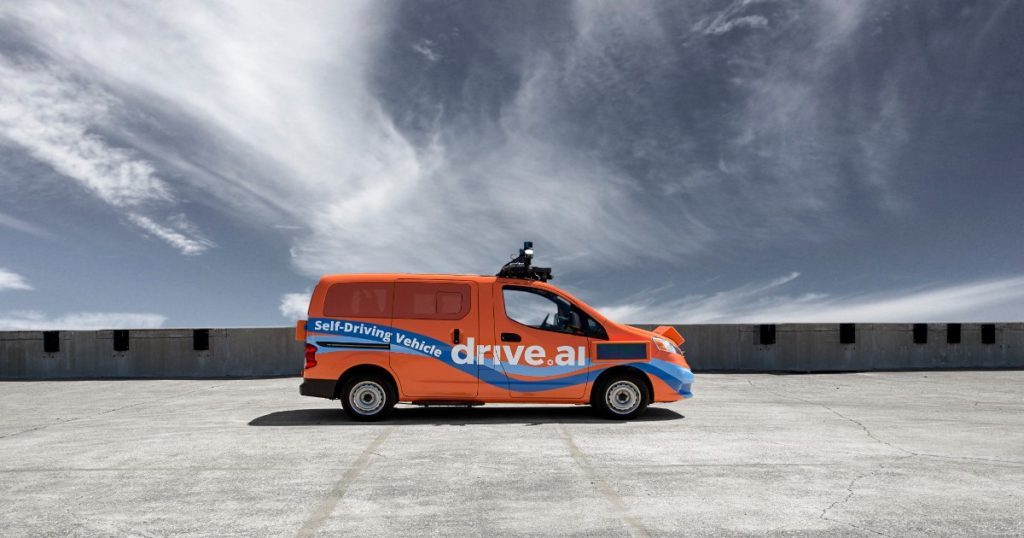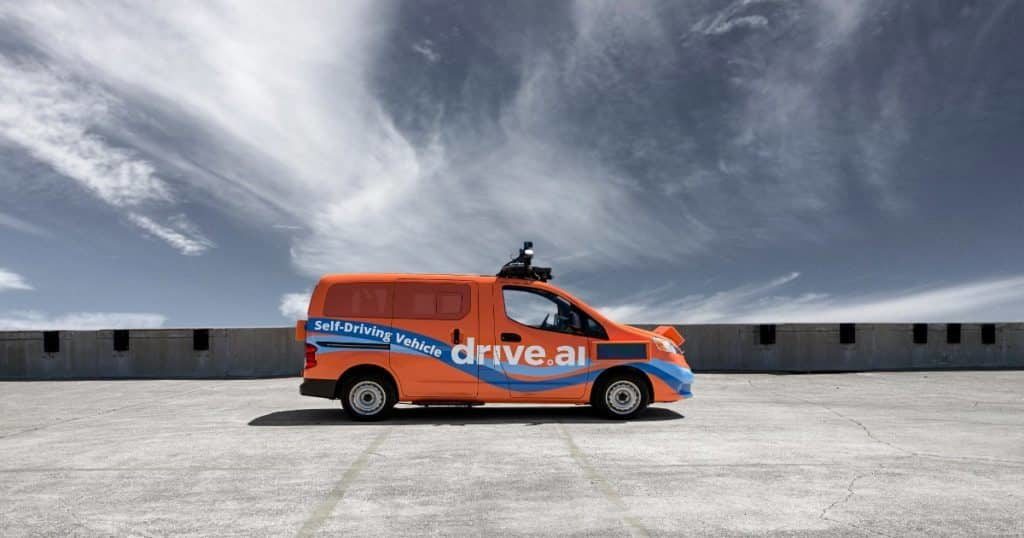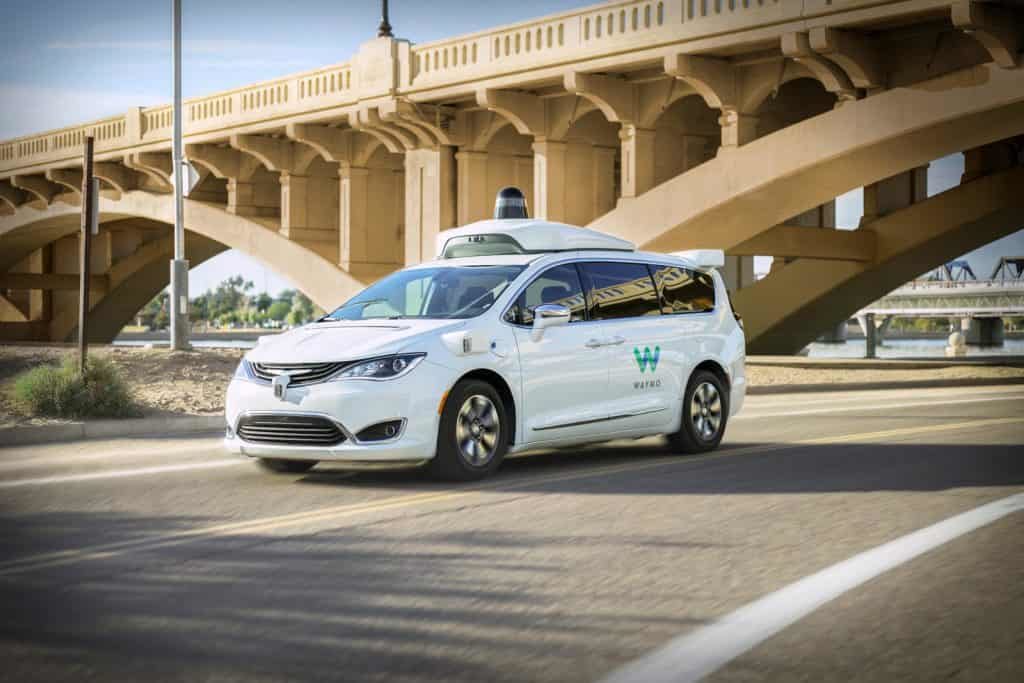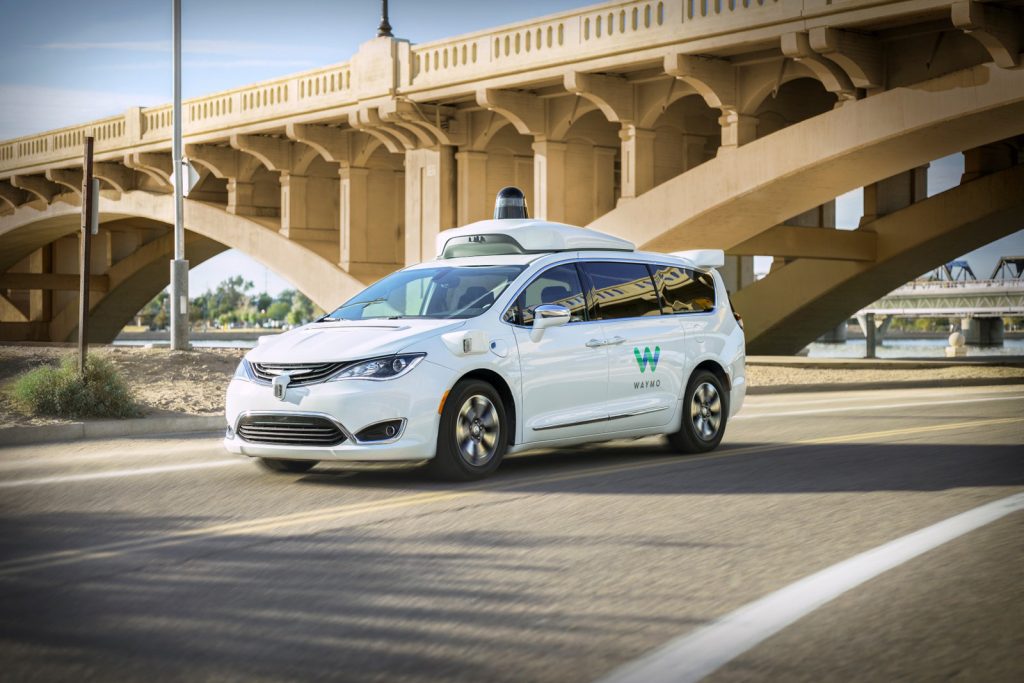Apple Acquires Drive.ai, a Dying Startup that Once Valued $200M

Reportedly, Apple has just acquired the California based technology company, Drive.ai, for an unknown amount. Noticeably, around a fortnight ago, Drive.ai started planning to cease all its operations, and now, Apple has taken over its regulations, in order to strengthen this four years old self-driving startup, which once even valued a $200 million.
The startup was founded by a group of PhD students in 2015, and since then, it has developed various retrofit kits to transform a simple vehicle into a self-driving car. The kits developed by Drive.ai includes camera-based and LIDAR sensors that help the vehicles drive by themselves. In fact, it is the second AI company that removed the human assistance from its autonomous vehicles. The company had been successfully operating a ride-hailing service in Texas, but due to some failed experiments, it had to shut down.
According to a June 12 filing with California’s Employment Development Department, the company decided to cease its operations and layoff over 90 employees. In fact, the cofounders Sameep Tandon and Tao Wang left the company in June only, and there are a few other key people who have left the company till now.
But with the acquisition, there are chances that the company may be back in the business. According to a report, with the takeover, Apple has also hired a dozen engineers from Drive.ai. All the company’s autonomous and the other assets have also come under Apple’s acquisition. But still Apple would be cutting off 200 of Drive.ai’s employees from Drive.ai’s Titan self-driving car project, and that would be at the beginning of 2020.
The acquisition of a dying autonomous vehicle manufacturing company is only indicating that Apple is still interested in self-driving car software development. This way, it will be a great step for the company in the field of the self-driving car business. The issue here again maybe for Drive.ai, as it has already raised a good amount of money from the biggest of the investors around the world, but it could not survive the pressure. Now we need to see if it can survive with Apple or not.

Yashica is a Software Engineer turned Content Writer, who loves to write on social causes and expertise in writing technical stuff. She loves to watch movies and explore new places. She believes that you need to live once before you die. So experimenting with her life and career choices, she is trying to live her life to the fullest.



